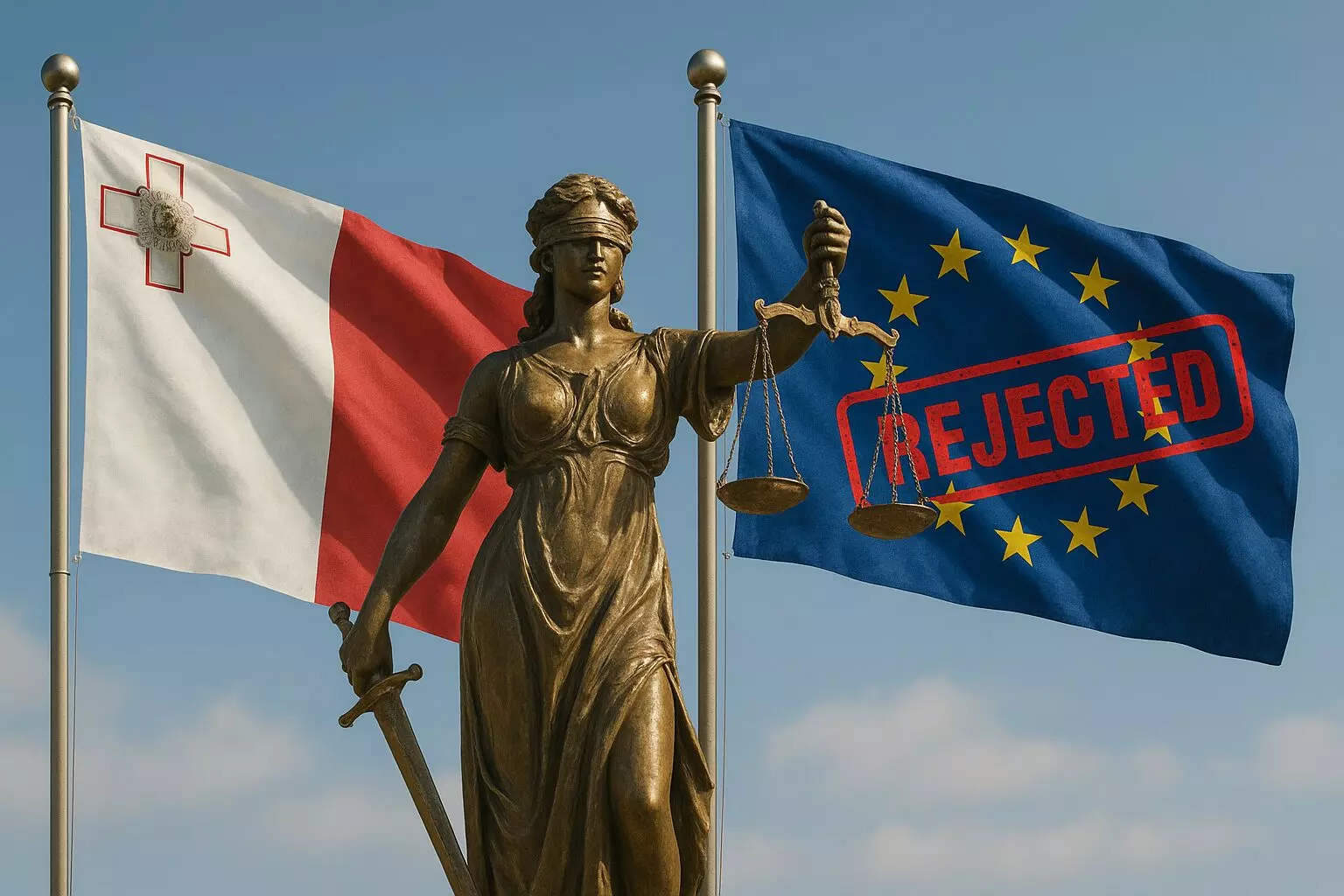In a significant ruling, the European Court of Justice (ECJ) has rejected Malta’s controversial Golden Passport scheme, which allowed wealthy individuals to obtain citizenship in exchange for substantial investments. This decision not only affects Malta but also has broader implications for the European real estate market, particularly in terms of investment trends and property values. As an experienced real estate consultant, I will delve into the ramifications of this ruling and what it means for potential investors and the European property landscape.
Get 50% OFF!
Subscribe to our newsletter and enjoy a 50% discount on all listing packages, no strings attached!

Understanding Malta’s Golden Passport Scheme
Launched in 2014, Malta’s Golden Passport scheme was designed to attract foreign investment by offering citizenship to individuals who contributed a minimum of €600,000 to the country’s economy. This initiative was particularly appealing to high-net-worth individuals seeking a foothold in Europe, as it provided access to the Schengen Area and the ability to live and work in EU member states.
However, the scheme faced criticism for potentially facilitating money laundering and undermining the integrity of EU citizenship. The recent ruling by the ECJ has put an end to this program, raising questions about the future of similar initiatives across Europe.
The Impact on European Real Estate Markets
The rejection of Malta’s Golden Passport scheme is likely to have several implications for the European real estate market:
- Shift in Investment Strategies: Investors who previously considered Malta as a gateway to Europe may now look to other countries with similar programs. Nations like Portugal and Spain, which offer Golden Visa schemes, may see an influx of interest as investors seek alternative routes to European residency.
- Market Stabilization: The end of the Golden Passport scheme may lead to a stabilization of property prices in Malta. The influx of foreign capital had driven up prices, particularly in luxury segments. With the removal of this scheme, we may see a correction in the market, making properties more accessible to local buyers.
- Increased Scrutiny on Citizenship Programs: The ECJ’s ruling may prompt other EU countries to reassess their citizenship-by-investment programs. Increased regulatory scrutiny could lead to stricter requirements, impacting the attractiveness of these schemes for foreign investors.
Trends in European Real Estate Investment
As the landscape of citizenship programs evolves, so too does the investment climate in European real estate. Here are some key trends to watch:
- Growing Demand for Sustainable Properties: Investors are increasingly prioritizing sustainability in their property investments. Eco-friendly buildings and developments that adhere to green standards are becoming more desirable, reflecting a broader shift towards environmental responsibility.
- Urban vs. Rural Investment: The pandemic has shifted preferences, with many investors now considering properties in rural areas as remote work becomes more common. This trend may lead to a diversification of investment portfolios, with a focus on both urban and rural properties.
- Technological Integration: The rise of proptech is transforming the real estate sector. Investors are looking for properties that incorporate smart technology, enhancing both convenience and energy efficiency.
What This Means for Investors
For potential investors, the rejection of Malta’s Golden Passport scheme serves as a reminder of the importance of due diligence when considering citizenship and residency programs. It is crucial to stay informed about regulatory changes and market dynamics that could impact investment decisions.
Investors should also consider diversifying their portfolios across different European markets. Countries with robust economies and favorable investment climates, such as Germany, France, and the Netherlands, may offer attractive opportunities for those looking to invest in real estate.
Conclusion
The recent ruling by the European Court of Justice against Malta’s Golden Passport scheme marks a pivotal moment for European real estate. As the market adjusts to this new reality, investors must remain agile and informed. Whether you are considering a property investment in Malta or exploring opportunities in other European countries, understanding the implications of this ruling is essential.
For those interested in exploring real estate listings or seeking advice on investment strategies, I encourage you to contact a real estate advisor or browse our extensive property listings. Stay ahead of the curve and make informed decisions in this ever-evolving market.






Join The Discussion